#hard to title it but i looked at all my letterboxd followers four favorites and went through to see which movies were on there the most
Explore tagged Tumblr posts
Text
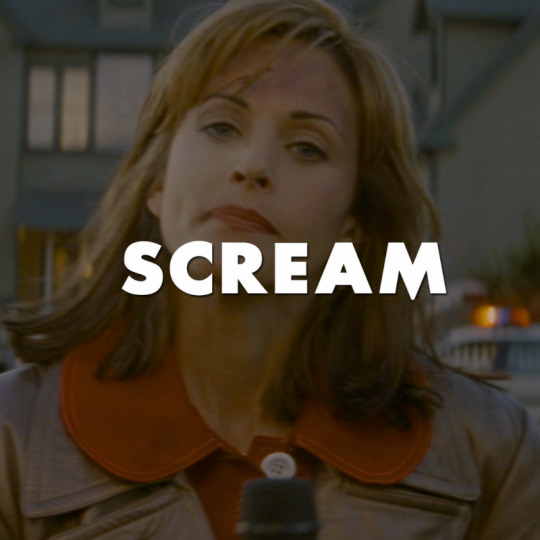
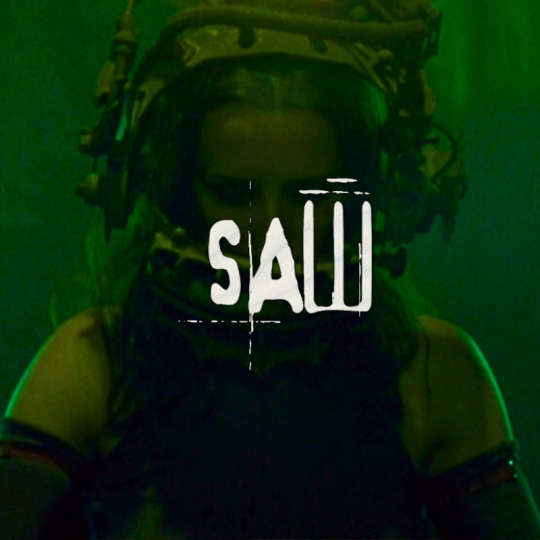
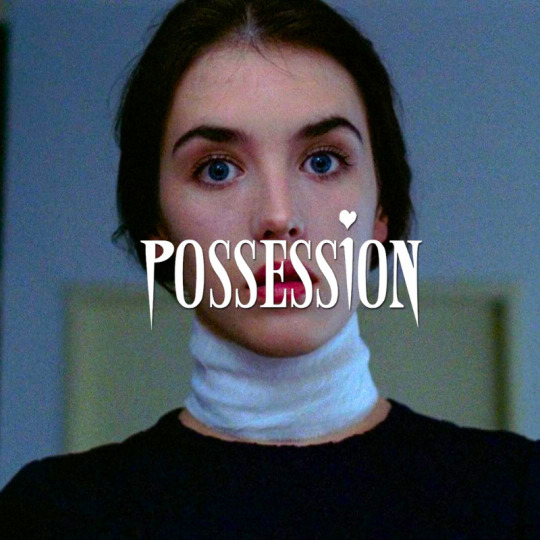
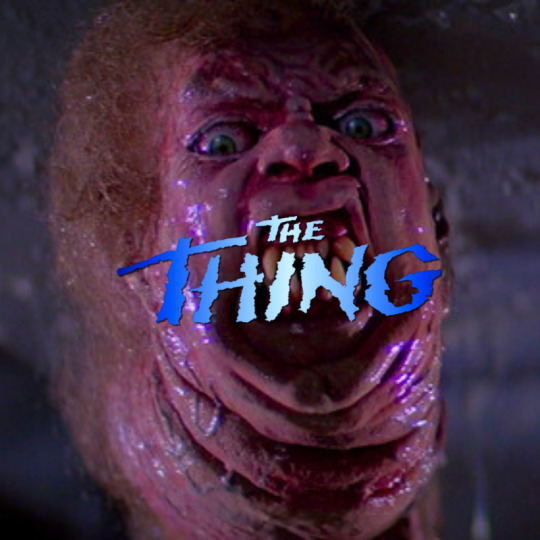




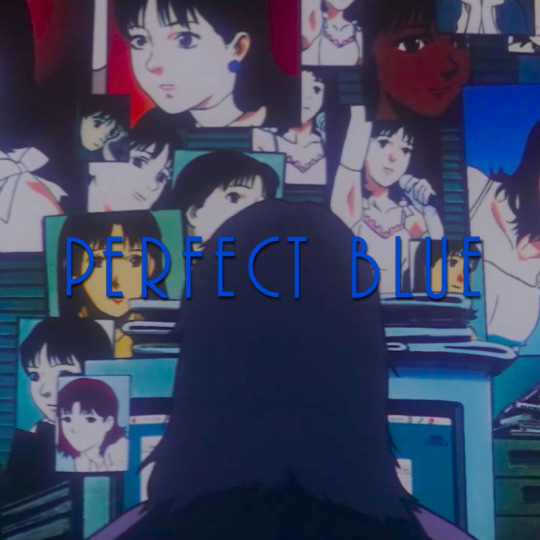


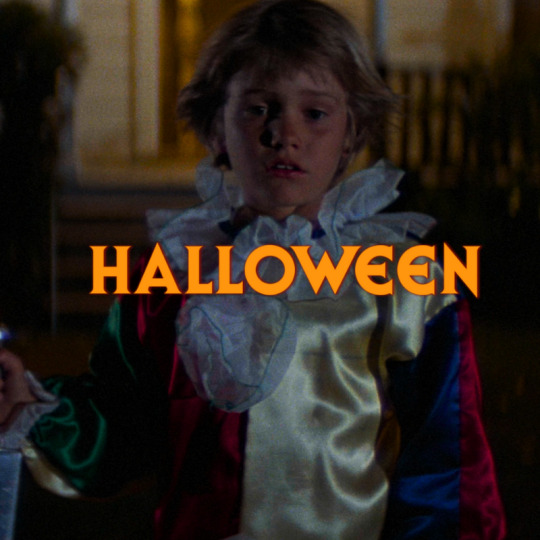
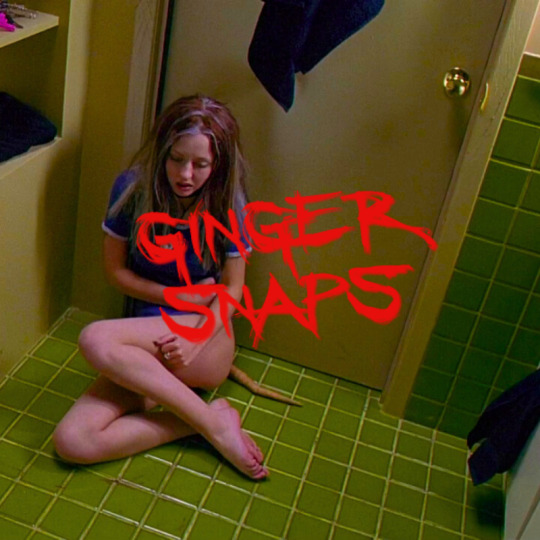
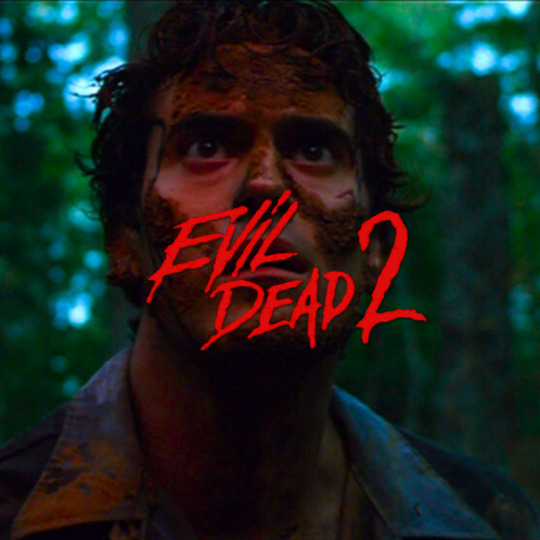



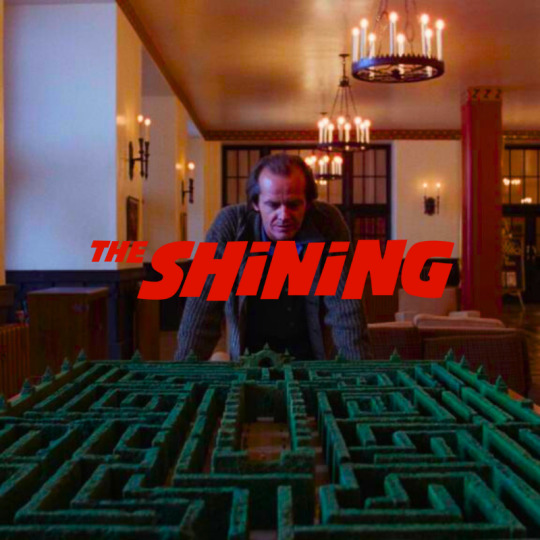
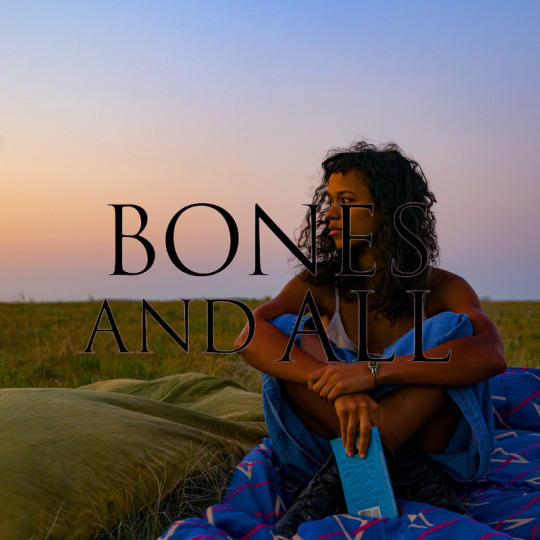
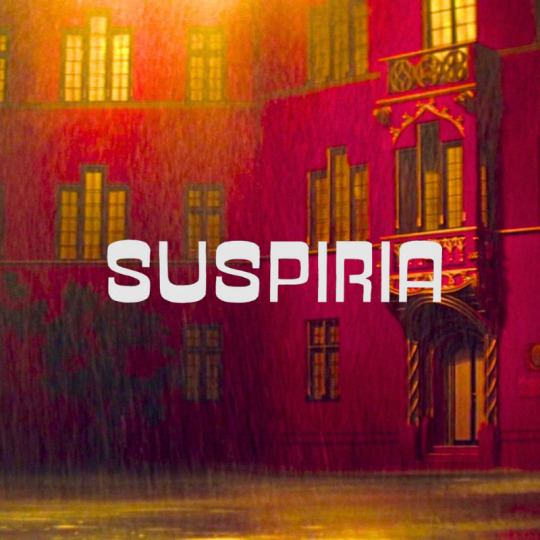
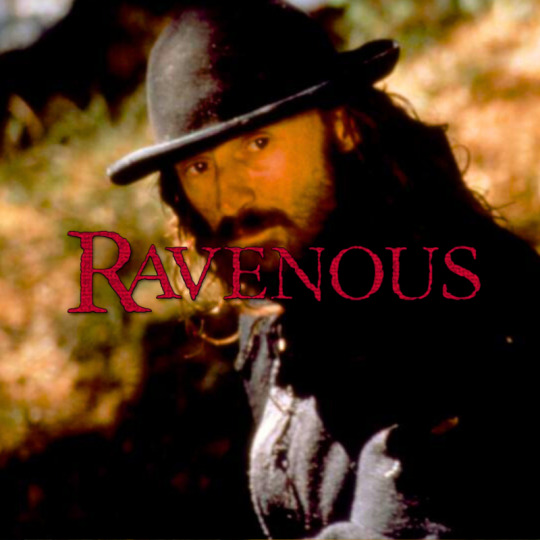
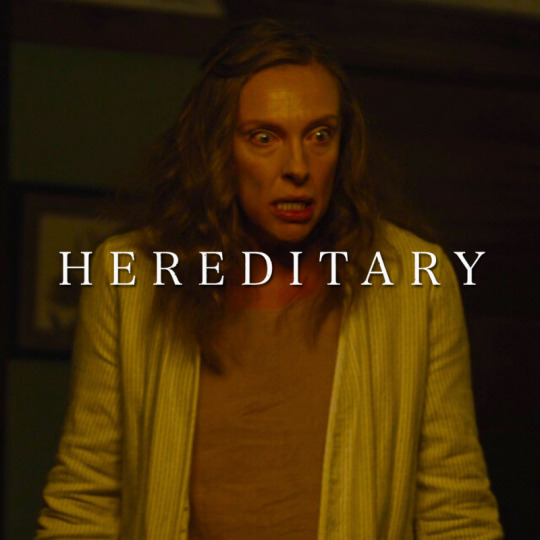
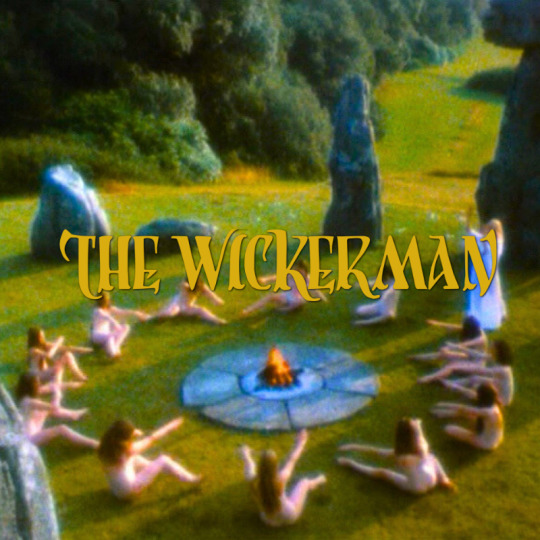

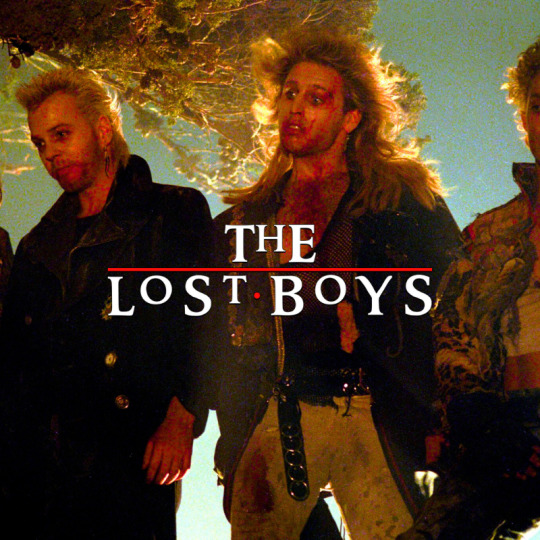
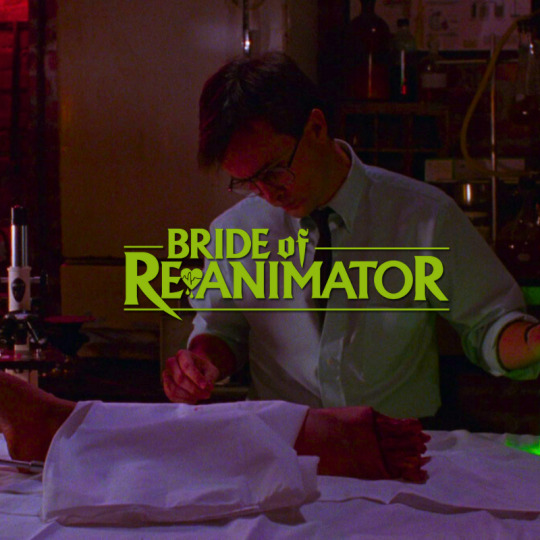
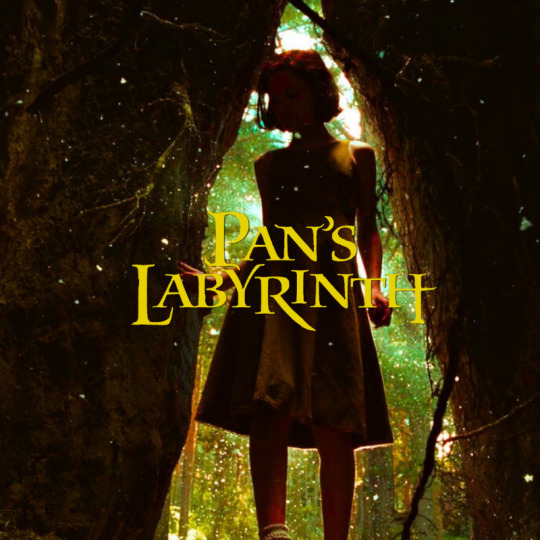

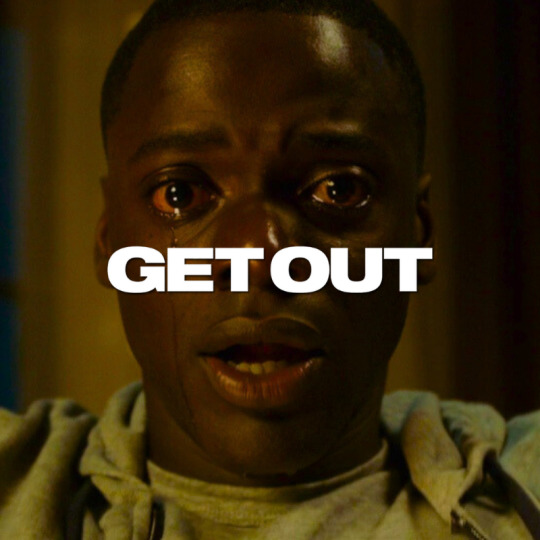
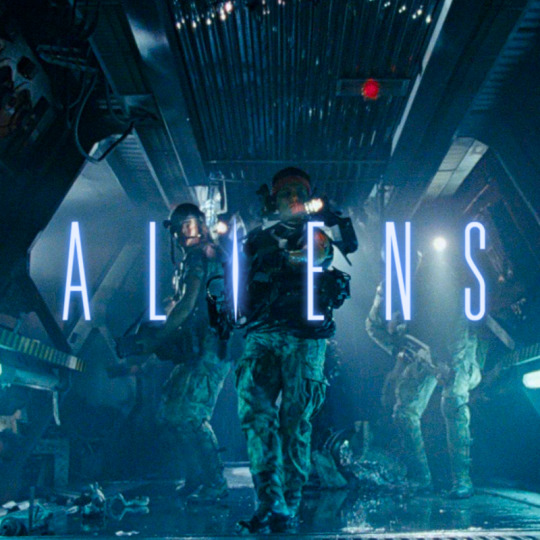
horror movies most on my letterboxd's followers favorites (1-30)
#hard to title it but i looked at all my letterboxd followers four favorites and went through to see which movies were on there the most#and these are the movies#horror#horror movies#scream#scream had the most#saw#possession#the thing#re animator#alien#carrie#nope#perfect blue#house#raw#halloween#ginger snaps#evil dead 2#coraline#i will not argue with people this movie is children's horror#midsommar#the texas chainsaw massacre#the shining#bones and all#this one is 100% horror with dramatic elements so nope arguing#suspiria#ravenous#hereditary#the wicker man
2K notes
·
View notes
Text
Thank you to @erinarigby , @m1ssunderstanding , and @glowing-gold for tagging me, y’all are my goats
Favorite movie: this is hard now cause I had a falling out with my favorite filmmaker …. But I guess rn id say To Live and Die in LA. Follow me on letterboxd and look at my fave four
favorite tv show: mad men (all time) and mindhunter probably. I’m obliged to also add Gilmore girls cause it literally shaped my whole ass personality as a person with a young single mom who was a reader
Favorite musical artists: Beatles, beyonce, CORPSE, childish gambino, title fight, joyce manor
Favorite color: 🟡🟠🔴⚫️
Favorite season: fall
Favorite book: hmmmm.. sunshine by Robin McKinley, trouble is a friend of mine series, Emma, the lion hunters series, a ring of endless light, his dark materials etc
Do you have any funko pops?: hell no they’re ugly af. I usually make my own merch or buy merch from artists.
Do you play any instruments?: I used to play the saxophone 🎷 (my parents literally named me jazz cause they liked jazz)
Do you have any pets?: Yes her name is Kiki and she’s such a smart girl. She’s a human being in a small body
Do you read or write fanfiction?: I read a lot of fanfiction. So much that my regular reading has taken a huge hit. I usually read 100 books a year and last year I read 31 and this year I read 16…. I….
What song(s) have you had on repeat repeatedly? :
according to Spotify it’s
4 notes
·
View notes
Photo
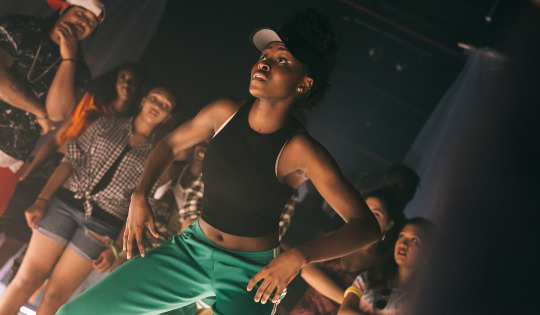
Third Language.
With her debut film Farewell Amor out now following a successful journey on the festival circuit, Tanzanian-American writer and director Ekwa Msangi tells Selome Hailu about the third language of music, growing up on knockoffs of the Rambo franchise, and her favorite African filmmakers.
There’s a subtle musicality central to the way Ekwa Msangi carries herself. She finds melodies in her words: “You hum the ‘m’,” she says when asked how to pronounce her last name. “Mmm-sangi.” And perhaps to a more subconscious degree, she speaks with rhythm, too: “I do think, and I know, and I can see…” she trails off, ruminating on how much hope she feels for the future of Black filmmaking. Naturally, this musical quality meanders into her work.
Farewell Amor is a quiet film, except for when it isn’t. Three Angolan immigrants revolve around each other in an awkward orbit, each trying to make sense of their dynamic now that they’ve left their home behind. Kept apart for seventeen years by the bureaucratic intricacies of war and paperwork, Walter (Ntare Guma Mbaho Mwine) is finally joined by his wife Esther (Zainab Jah) and daughter Sylvia (Jayme Lawson—soon to be seen as Bella Reál in The Batman) in New York City. But they don’t know each other anymore and spend much of their time in silence, until music and dance burst forward as a chance at common ground.
Msangi’s screenplay never dwells on the technicalities of the family’s struggle against the American immigration system. Instead, it plunges into softer, more personal after-effects of dreams deferred. Walter’s walls bear a faded calendar with Barack Obama’s face on it, even though his empty apartment complicates the “hope” the president promised people like him. When his family arrives at long last, Esther wears a silver cross pendant, having made sense of these years as a married-yet-single mother by drawing closer—almost too close—to religion. Sylvia barely speaks at all, caught between a faith that isn’t hers and a home that isn’t either.
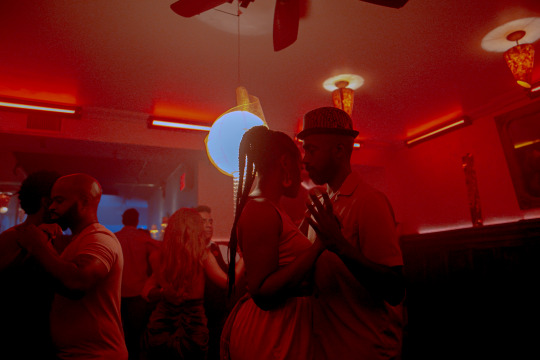
Ntare Guma Mbaho Mwine and Nana Mensah in ‘Farewell Amor’. / Photo courtesy IFC Films
The film’s triptych structure emerged after Msangi spent months grappling with how to create a feature-length screenplay out of her original short film. “Having just come off of the short, I was focusing on Walter’s story. But [I] didn’t think that was the most original story I could tell,” she says. “And then, out of indecision between whether I should make it Walter’s or Sylvia’s story, I decided to just do both. Initially it was two perspectives that I was looking at. But I realized that Esther’s story was really the linchpin for both of their stories, and it wouldn’t make sense not to have hers.”
Giving Walter, Esther and Sylvia their own chapters makes Farewell Amor a stronger film than if it had followed a singular, traditional protagonist. Extreme conservatism in one chapter is revealed as a desire to avoid pain in another; one character’s cramped living room is another’s space to dance freely. Writing on Letterboxd, Tabby points out how the three-part narrative structure grants meaningful subjectivity to characters who deserve it: “It’s so easy for Westernized perspectives to steamroll over films that deal in cultural disparities and thematics, but Farewell Amor takes important steps in showing all sides of the story,” she writes. “It was refreshing to see [the characters] each given the space to exist.”
This layering of voices happens in the camerawork, too. Each section of the narrative is marked with a visual language of its own, complete with specific color palettes and cinematographic techniques. Msangi thinks fondly about the work she put in with cinematographer Bruce Francis Cole to make the chapters distinct. “For Walter’s, it’s sort of a slow cinema, where there’s a lot of still framing. It’s almost like he’s stuck, you know? Stuck in the frame between two surfaces, two hard surfaces, a window frame, a door frame. And in Sylvia’s, we wanted to have it reflect her livelihood, her restlessness. All handheld cameras, all movement. And then for Esther, she’s very observant. She’s been taking everything in, almost in an investigative style, but also a little bit romantic. She’s romanticized this setup, so a lot of close shots, a lot of soft lighting.”
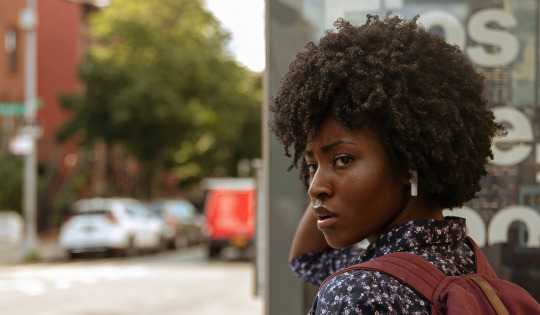
Jayme Lawson as Sylvia in ‘Farewell Amor’. / Photo courtesy IFC Films
Music gives Farewell Amor a cohesion across the different storylines. “Music is, for these characters in particular, and for me, kind of a third language,” Msangi says. “It gives you a glimpse under the covers, what’s under the sheets.” The soundtrack underscores strong performances from Mwine, Jah and Lawson, lending depth to their quietude and vibrance to their movement. Msangi also notes how sound became a cornerstone of her collaboration with the actors: “As I was writing from different perspectives, in order to help me get into each character’s skin, I would listen to the music that they would be interested in.” She later shared these playlists with the actors, using the songs to communicate what words couldn’t.
Msangi has a good laugh as she tries to think about the major films that inspired her to become a filmmaker. “You know, I don’t have that. Well, I do have that, but not for the reasons that most of my film peers have,” she says. Growing up in East Africa in the ’80s and ’90s, little to none of the programming on television was local. What did kids watch instead? “We watched Rambo for probably ten years straight, and then Rambo knockoffs for another ten years after that. I decided to become a filmmaker because of horrible Rambo knockoff films.”
“I grew up surrounded by such colorful and delightful and interesting and funny people,” Msangi says. “And none of that was reflected anywhere in the media.” As she grew older, she sought out African films she couldn’t access in her youth. Now, they’re some of her highest recommendations. Ousmane Sembène is the first African director whose filmography she ever got the chance to dive into. Sembène’s 50-year career has garnered him the affectionate title of ‘Father of African film’ among many critics and scholars, who laud him for his dramas, including Black Girl and Camp de Thiaroye. Msangi, however, finds herself taken with his unique sense of humor. She has also been inspired by Safi Faye, another Senegalese director, who became the first sub-Saharan African woman to attain commercial distribution in 1975—and whose film Mossane portrays sexual intimacy with an openness Msangi hadn’t seen elsewhere.

Writer-director Ekwa Msangi. / Photo courtesy IFC Films
In Farewell Amor, Sylvia’s chapter reads like a compacted coming-of-age film. Msangi points to South African director Darrell James Roodt’s Sarafina! as an influence in that regard. “It was showing for two weeks in Nairobi, and I lined up for four hours to watch,” she says about the film, a drama about youth involvement in the 1976 Soweto uprising. “Even though it’s from a different part of the continent, I’d never seen young African teenagers on a screen before.” More recently, she has loved 2011 TIFF breakout and Oscar contender Death for Sale by Moroccan director Faouzi Bensaïdi, and Radha Blank’s The Forty-Year-Old Version is her favorite film of 2020. She’s hopeful about the future of Black American cinema: Ava DuVernay and Ryan Coogler are two of her favorite working directors.
Msangi’s selections are wide in range, but there’s still one thing holding them together: themes of vulnerability, community and celebration of identity, across different decades and genres. In fact, her approach to watching movies isn’t far off from the way she made her own—Farewell Amor maps concurrent experiences of disparate people, and Msangi’s tastes seem driven by the same balance of vastness and specificity.
“I’m a filmmaker who really abhors working on the same kind of story over and over again, the same genre, the same kinds of characters,” she says. “So I’m not going to make my career just telling stories about immigrants or about, you know, their wretched troubles,” she laughs. “I don’t want to do that.”
Msangi’s next project will be an African-American period piece; beyond that, she hopes to make films in several locations: the Caribbean, Europe and all over the African continent. “I really would like to just have a lot of fun with my career. You know? Because it’s a fun and magical industry that we work in! The work that we do in creating these stories and hopes and dreams—we create magic, so it should be fun.”
Related content
Adam Davie’s Black Life on Film list
Shachar’s 20 Films by Black Directors 2021 Challenge
Screenpaige’s list of Black Women in Film
Follow Selome on Letterboxd
‘Farewell Amor’ is out now in select theaters and on demand through IFC.
#ekwa msangi#jayme lawson#farewell amor#african cinema#black filmmaker#black director#directed by women#52 films by women#female director#black woman director#american film#drama#romance#dance film#angolan cinema#angola#letterboxd
33 notes
·
View notes
Photo

Life in Film: Ben Wheatley.
As Netflix goes gothic with a new Rebecca adaptation, director Ben Wheatley tells Jack Moulton about his favorite Hitchcock film, the teenagers who will save cinema, and a memorable experience with The Thing.
“The actual process of filmmaking is guiding actors and capturing emotion on set. That’s enough of a job without putting another layer of postmodern film criticism over the top of it.” —Ben Wheatley
Winter’s coming, still no vaccine, the four walls of home are getting pretty samey… and what Netflix has decided we need right now is a lavish, gaslight-y psychological thriller about a clifftop manor filled with the personality of its dead mistress—and a revival of one of the best menaces in screen history. Bring on the ‘Mrs Danvers’ Hallowe’en costumes, because Rebecca is back.
In Ben Wheatley’s new film adaptation of Daphne du Maurier’s best-selling 1938 novel, scripted by Jane Goldman, Lily James plays an orphaned lady’s maid—a complete nobody, with no known first name—who catches the eye of the dashing, cashed-up Maxim de Winter (Armie Hammer).
Very quickly, the young second Mrs de Winter is flung into the intimidating role of lady of Manderley, and into the shadow of de Winter’s late first wife, Rebecca. The whirlwind romance is over; the obsession has begun, and it’s hotly fuelled by Manderley’s housekeeper, Mrs Danvers (Kristin Scott Thomas, perfectly cast).

Each adaptation of du Maurier’s story has its own quirks, and early Letterboxd reactions suggest viewers will experience varying levels of satisfaction with Wheatley’s, depending on how familiar they are with both the novel and earlier screen versions—most notably, Alfred Hitchcock’s 1940 Best Picture winner, starring Laurence Olivier Joan Fontaine, and Judith Anderson.
Why would you follow Hitchcock? It’s been 80 years; Netflix is likely banking on an audience of Rebecca virgins (the same kind of studio calculation that worked for Bradley Cooper’s A Star is Born). Plus, the new Rebecca is a Working Title affair; it has glamor, camp, Armie Hammer in a three-piece suit, the sunny South of France, sports cars, horses, the wild Cornish coast, Lily James in full dramatic heat, and—controversial!—a fresh twist on the denouement.
A big-budget thriller made for a streamer is Wheatley coming full circle, in a way: he made his name early on with viral internet capers and a blog (“Mr and Mrs Wheatley”) of shorts co-created with his wife and longtime collaborator, Amy Jump. Between then and now, they have gained fans for their well-received low-to-no budget thrillers, including High-Rise, Kill List and Free Fire (which also starred Hammer).
Over Zoom, Wheatley spoke to Letterboxd about the process of scaling up, the challenge of casting already-iconic characters, and being a year-round horror lover. [The Rebecca plot discussion may be spoilery to some. Wheatley is specifically talking about the du Maurier version, not his film.]

Armie Hammer and Ben Wheatley on the set of ‘Rebecca’.
Can you tell us how you overcame any concerns in adapting a famous novel that already has a very famous adaptation? How did you want to make a 1930s story relevant to modern audiences? Ben Wheatley: When you go back to the novel and look at how it works, you see it’s a very modern book. [Author Daphne du Maurier is] doing stuff that people are still picking up the pieces of now. It’s almost like the Rosetta Stone of thrillers—it tells you everything on how to put a thriller together. The genre jumping and Russian-doll nature of the structure is so delicious. When you look at the characters in the book, they’re still popping up in other stuff—there’s Mrs Danvers in all sorts of movies.
It remains fresh because of its boldness. Du Maurier is writing in a way that’s almost like a dare. She’s going, “right, okay, you like romantic fiction do you? I’ll write you romantic fiction; here’s Maxim de Winter, he’s a widower, he’s a good-looking guy, and owns a big house. Here’s a rags-to-riches, Cinderella-style girl. They’re going to fall in love. Then I’m going to ruin romantic fiction for you forever by making him into a murdering swine and implicating you in the murder because you’re so excited about a couple getting away with it!”
That’s the happy ending—Maxim doesn’t go to prison. How does that work? He’s pretty evil by the end. It’s so subtly done that you only see the trap of it after you finish reading the book. That’s clearly represented in Jane Goldman’s adaptation that couldn’t be done in 1940 because of the Hays Code. That whole element of the book is missing [in Hitchcock’s Rebecca]. But I do really like this style of storytelling in the 1930s and ’40s that is not winky, sarcastic, and cynical. It’s going, “here’s Entertainment with a big ‘E’. We’re going to take you on holiday, then we’re gonna scare you, then we’re gonna take you around these beautiful houses that you would never get a chance to go around, and we’re gonna show you these big emotions.”
After High-Rise, you ended up circling back to more contained types of films, whereas Rebecca is your lushest and largest production. How was scaling up for you? Free Fire does feel like a more contained film, but in many ways it was just as complicated and had the same budget as High-Rise, since it’s just in one space. Happy New Year, Colin Burstead is literally a contained film, that’s right. What [the bigger budget] gave me was the chance to have a conversation where I say I want a hotel that’s full of people and no-one says you can’t have any people in it. You don’t have to shoot in a corner, so that scale is suddenly allowed.
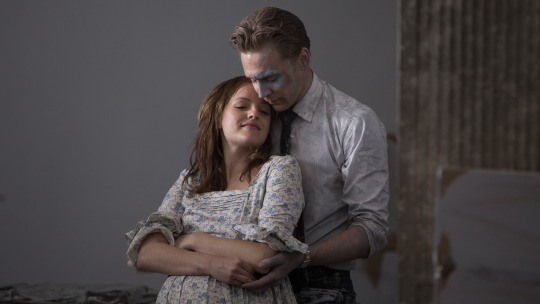
Elisabeth Moss and Tom Hiddlestone in Wheatley’s ‘High-Rise’ (2015).
The other movies I did are seen as no-budget or, I don’t even know the word for how little money they are, and even though High-Rise and Free Fire were eight million dollars each, they’re still seen as ultra-low budget. This is the first film that I’ve done that’s just a standard Hollywood-style movie budget and it makes a massive difference. It gives you extra time to work. All the schemes you might have had to work out in order to cheat and get around faster, but now it’s fine, let’s only shoot two pages today. We can go out on the road and close down all of the south of France—don’t worry about all the holidaymakers screaming at you and getting cross! That side of it is great.
You had the challenge to cast iconic actors for iconic roles. What were you looking for in the casting? What points of reference did you give the actors? I don’t think we really talked about it, but [Armie Hammer] definitely didn’t watch the Hitchcock version. I can understand why he wouldn’t. There was no way he was going to accidentally mimic [Laurence] Olivier’s performance without seeing it and he just didn’t want to have the pressure of that. I think that’s quite right. It’s an 80-year-old film, it’s a beloved classic, and we’d be mad if we were trying to remake it. We’re not.
The thing about the shadow that the film cast is that it’s hard enough making stuff without thinking about other filmmakers. I’ve had this in the past where journalists ask me “what were your influences on the day?” and I wish I could say “it was a really complicated set of movies that the whole thing was based around”, but it’s not like that. When you watch documentaries about filmmakers screening loads of movies for their actors before they make something—it’s lovely, but it’s not something I’ve ever done.
The actual process of filmmaking is guiding actors and capturing emotion on set. That’s enough of a job without putting another layer of postmodern film criticism over the top of it—“we’ll use this shot from 1952, that will really make this scene sing!”—then you’re in a world of pain. Basically, it’s my interpretation of the adaptation. The book is its own place, and for something like High-Rise, [screenwriter Amy Jump] has the nightmare of sitting down with 112 pages of blank paper and taking a novel and smashing it into a script. That’s the hard bit.
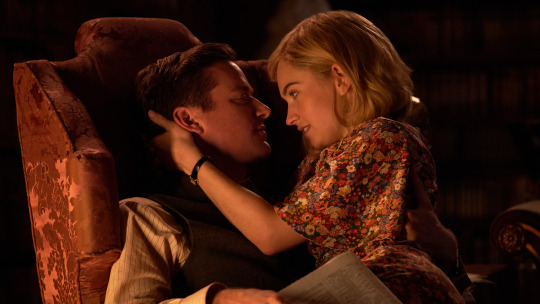
Armie Hammer and Lily James in ‘Rebecca’.
Current industry news is not so great—cinemas are facing bankruptcy, film festivals in the USA are mostly virtual, Disney is focusing on Disney+ only. How do you feel about a future where streaming dominates the market and the theatrical experience becomes, as we fear, an exclusive niche? Independent cinema was born out of very few movies. If you look at the history of Eraserhead—that film on its own almost created all of cult cinema programming. One movie can do that. It can create an audience that is replicated and becomes a whole industry. And that can happen again, but it needs those films to do that. They will come as things ebb and flow. The streamers will control the whole market and then one day someone will go “I don’t want to watch this stuff, I want to watch something else” and they’ll go make it.
It’s like The Matrix, it’s a repeating cycle. There’ll always be ‘the One’. There’s Barbara Loden in 1970 making Wanda, basically inventing American independent cinema. So I don’t worry massively about it. I know it’s awkward and awful for people to go bankrupt and the cinemas to close down, but in time they’ll re-open because people will wanna see stuff. The figures for cinemagoers were massive before Covid. Are you saying that people with money are not going to exploit that? Life will find a way. Remember that the cinema industry from the beginning is one that’s in a tailspin. Every year is a disaster and they’re going bust. But they survived the Spanish Flu, which is basically the same thing.
Two months ago, you quickly made a horror movie. We’re going to get a lot of these from filmmakers who just need to create something this year. What can you identify now about this inevitable next wave of micro-budget, micro-schedule pandemic-era cinema? I’ve always made micro-budget films so that side of it is not so crazy. There will be a lot of Zoom and people-locked-in-houses films but they won’t be so interesting. They’re more to-keep-you-sane kind of filmmaking which is absolutely fine. Where you should look for [the ‘pandemic-era’ films] is from the kids and young adults through 14 to 25 who’ve been the most affected by it. They will be the ones making the true movies about the pandemic which will be in like five years’ time.
People going through GCSEs and A-Levels [final high-school exams in England] will have had their social contracts thoroughly smashed by the government after society tells them that this is the most important thing you’re ever gonna do in your life. Then the next day the government tells them “actually, you’ve all passed”, then the next day they go “no, you’ve all failed”, and then “oh no, you’ve all passed”. It’s totally bizarre. Anyone who’s in university at the moment [is] thinking about how they’ve worked really hard to get to that position and now they’ve had it taken away from them. That type of schism in that group will make for a unique set of storytelling impetus. Much more interesting than from my perspective of being a middle-age bloke and having to stay in my house for a bit, which was alright. Their experience is extreme and that will change cinema.
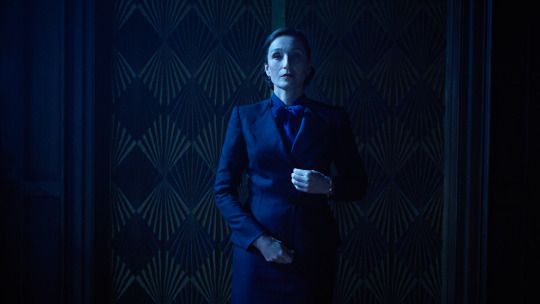
Kristin Scott Thomas as Mrs Danvers in ‘Rebecca’.
It’s time to probe into your taste in film. Firstly, three questions about Alfred Hitchcock: his best film, most underrated film, and most overrated film? It’s tricky, there’s a lot to choose from. I think Psycho is his best film because, much like Wanda, it was the invention of indie cinema. He took a TV crew to go and do a personal project and then completely redefined horror, and he did it in the same year as Peeping Tom.
There’s stuff I really like in Torn Curtain. Certainly the murder scene where they’re trying to stick the guy in the oven. It’s a gut-wrenching sequence. Overrated, I don’t know. It’s just a bit mean, isn’t it? Overrated by who? They’re all massively rated, aren’t they?
Which film made you want to become a filmmaker? The slightly uncool version of my answer is the first fifteen minutes of Dr. No before I got sent to bed. We used to watch movies on the telly when I was a kid, so movies would start at 7pm and I had to go to bed at 7:30pm. You would get to see the first half-hour and that would be it. The opening was really intriguing. I never actually saw a lot of these movies until I was much older.
The more grown-up answer is a film like Taxi Driver. It was the first time where I felt like I’d been transported in a way where there was an authorship to a film that I didn’t understand. It had done something to me that television and straightforward movies hadn’t done and made me feel very strange. It was something to do with the very, very intense mixture of sound, music and image and I started to understand that that was cinema.
What horror movie do you watch every Hallowe’en? I watch The Thing every year but I don’t tend to celebrate Hallowe’en, to be honest. I’m of an age where it wasn’t a big deal and was never particularly celebrated. I find it a bit like “what’s all this Hallowe’en about?”—horror films for me are for all year-round.
What’s a brilliant mindfuck movie that perhaps even cinephiles haven’t seen? What grade of cinephile are we talking? All of the work by Jan Švankmajer, maybe. Hard to Be a God is pretty mindfucky if you want a bit of that, but cinephiles should know about it. It’s pretty intense. Marketa Lazarová too.

‘Marketa Lazarová’ (1967) directed by František Vláčil.
What is the greatest screen romance that you totally fell head over heels for? I guess it’s Casablanca for me. That would be it.
Which coming-of-age film did you connect to the most as a teenager? [Pauses for effect] Scum.
Who is an exciting newcomer director we should keep our eyes on? God, I don’t know. I would say Jim Hosking but he’s older than me and he’s not a newcomer because he’s done two movies. So, that’s rubbish. He doesn’t count.
[Editor’s note: Hosking contributed to ABCs of Death 2 with the segment “G is for Grandad” while Wheatley contributed to The ABCs of Death with the segment “U is for Unearthed” and also executive produced the follow-up film.]
What was your best cinema experience? [Spoiler warning for The Thing.]
Oh, one that speaks in my mind is seeing The Thing at an all-nighter in the Scala at King’s Cross, and I was sitting right next to this drunk guy who was talking along to the screen. It was a packed cinema with about 300 people, and someone at the front told him “will you just shut up?” The guy says “I won’t shut up. You tell me to shut up again and I’ll spoil the whole film!” The whole audience goes “no, no, no!” and he went “it’s the black guy and the guy with the beard—everyone else dies!” That made me laugh so much.
Do you have a favorite film you’ve watched so far this year? Yeah, Zombie Flesh Eaters.
Related content
Classic Gothic Literature to Film—Jennifer Boddaert’s list
Ava’s Dark Romance list
Ben Wheatley’s Life in Film list
Follow Jack on Letterboxd
‘Rebecca’ is in select US theaters on October 17, and streaming on Netflix everywhere on October 21.
#ben wheatley#rebecca#alfred hitchcock#gothic#gothic cinema#gothic film#gothic romance#thriller#psychological thriller#armie hammer#letterboxd#kristen scott thomas#kristin scott thomas#netflix#working title#the thing#free fire#high-rise#english cinema#director#directing#amy jump#lily james
3 notes
·
View notes